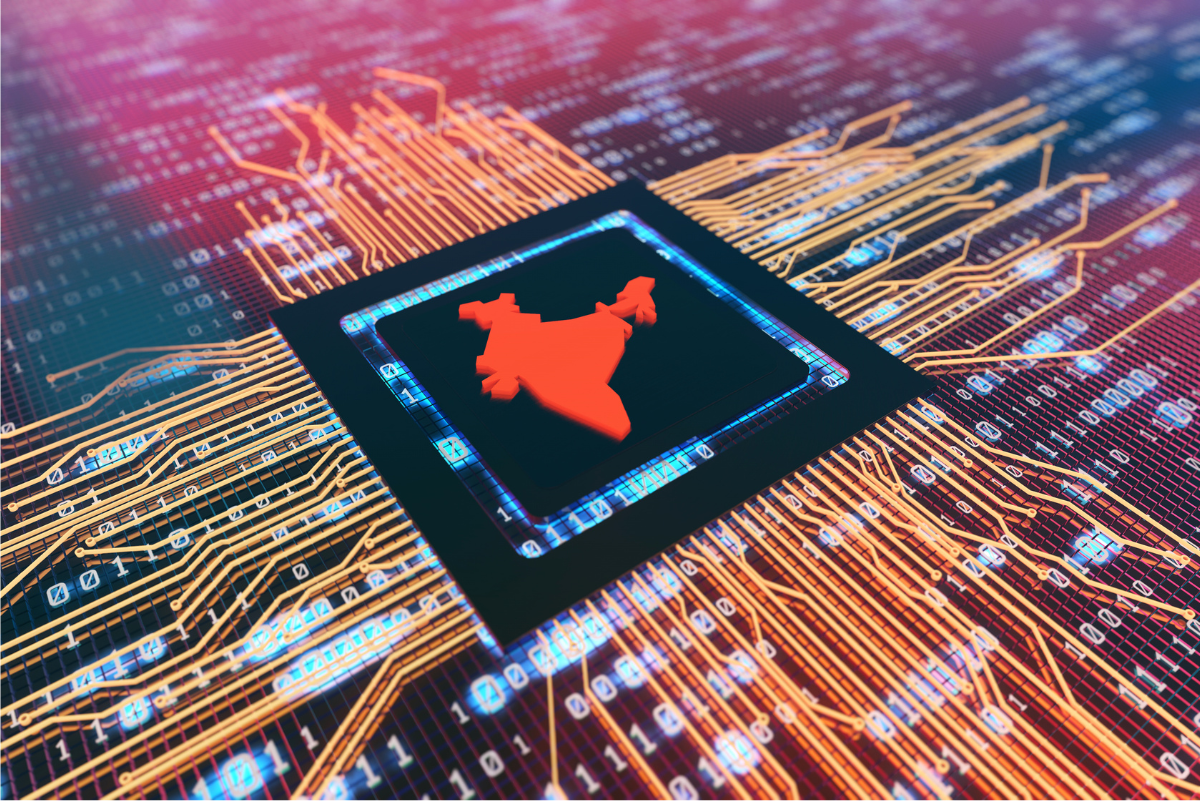At a time when digital dependency shapes human behavior and attention spans, a legal scholar’s reflection on Nandan Nilekani and Tanuj Bhojwani’s The Art of Bitfulness—juxtaposed with her experience at a symposium on “Data for Public Good” at the Indian Institute of Science—offers a deeply personal yet nationally relevant lens into India’s evolving relationship with technology, mindfulness, and data sovereignty.
A Serendipitous Convergence of Ideas and Infrastructure
Bangalore, October 2025 — In the city where India’s digital revolution first found its voice, a book and a symposium converged to reveal the country’s next challenge: learning to live well with technology. Ekata Deb, a legal counsel and Ph.D. scholar at Alliance University, attended the third edition of the “Data for Public Good” symposium at the Indian Institute of Science (IISc) while reading The Art of Bitfulness: Keeping Calm in the Digital World by Nandan Nilekani and Tanuj Bhojwani. The timing, she writes, was “a miracle rather than coincidence.”
The symposium featured many of the architects behind India’s Digital Public Infrastructure—Sharad Sharma of iSPIRT, key thinkers from the Account Aggregator ecosystem, and leaders of frameworks such as UPI, OCEN, and DEPA. Nilekani’s book, published in 2022, had already profiled these same visionaries. Deb’s experience became a case study in how India’s policy, technology, and mindfulness movements are intertwining.
Her essay captures a paradox: India is building the world’s most open and inclusive digital platforms, but its citizens are yet to learn how to live meaningfully within them.
Healing a Toxic Relationship with Technology
Nilekani and Bhojwani’s book, Deb observes, moves beyond self-help—it is “a guide to healing a toxic relationship with technology.” She recounts how she, once addicted to notifications and endless scrolling, began to recognize the emotional and cognitive costs of her digital habits. The book’s message is not anti-technology but pro-awareness.
Drawing on behavioral science, the authors introduce three daily “modes” for digital living: creator, communicator, and curator. Deb interprets this as a manual for reclaiming one’s focus in a world of constant distraction. She quotes the authors’ advice to “do nothing at all” when there is nothing urgent to do—an instruction that, in the era of infinite scroll, feels almost revolutionary.
The book’s appendix, listing tools like temporary email addresses, encrypted messengers, and time-blocking techniques, transforms abstract philosophy into practice. “I no longer wake up to my phone,” she writes. “This book made me pro-me.”
The Architecture of India’s Digital Mindfulness
India’s technological evolution—what Nilekani calls “Digital Public Goods”—is portrayed not as an engineering feat alone but as a social experiment in collective balance. From UPI’s real-time payments to DEPA’s consent-based data sharing, these systems embody the promise of autonomy within structure.
Deb finds in them echoes of the book’s core philosophy: calm through clarity. She describes meeting speakers at IISc who appeared, almost magically, in the book’s pages. Each initiative—Sahay for microloans, Beckn for open commerce, EkStep for education—illustrates how India’s digital model aims to democratize opportunity without succumbing to chaos.
Yet, Nilekani warns, this architecture demands citizens who are digitally literate and emotionally mindful. Without that, the very networks designed to empower could overwhelm.
From Blitzscaling to Bitfulness
In the book’s final chapters, the authors contrast Silicon Valley’s culture of “blitzscaling”—hyper-growth at any cost—with India’s emerging ethic of “bitfulness.” Reed Hastings’ confession that Netflix competes with sleep becomes a metaphor for the global attention crisis. Deb reflects on how social media’s pursuit of engagement fuels loneliness and decision fatigue.
Her review bridges these insights with contemporary Indian realities: the Cambridge Analytica scandal’s aftershocks, algorithmic matchmaking, and the rise of compulsive consumption disguised as connection. Against this backdrop, Nilekani’s call for “digital calm” is not nostalgia—it is policy.
By the time she finished both the symposium and the book, Deb had found not only her Ph.D. topic—cross-border data transfer and health data privacy—but also her equilibrium. In her words, “The miracle wasn’t the coincidence of events, but the clarity they brought.”
Author Bio
Ekata Deb is a cybercrime and data-privacy lawyer. Currently a doctoral researcher focused on AI governance, digital forensics, and cross-border data protection. A double gold medalist with an LLM in Criminal & Security Laws (2025), she is an active voice on responsible AI and privacy compliance.



